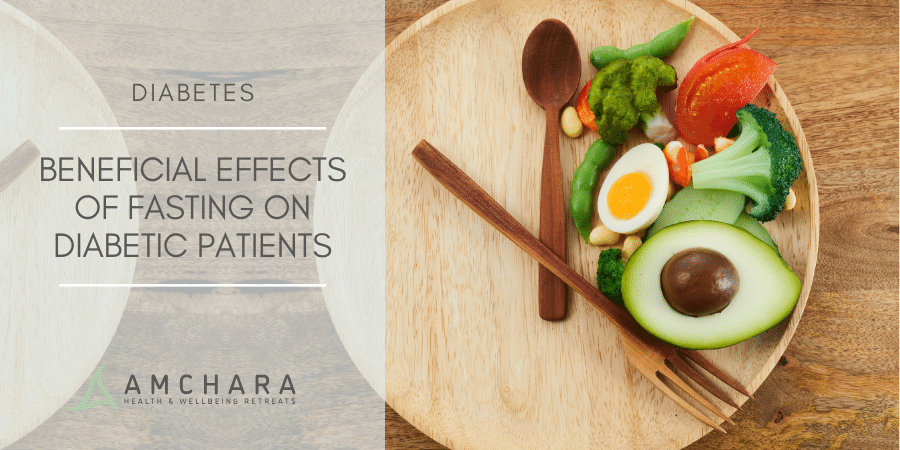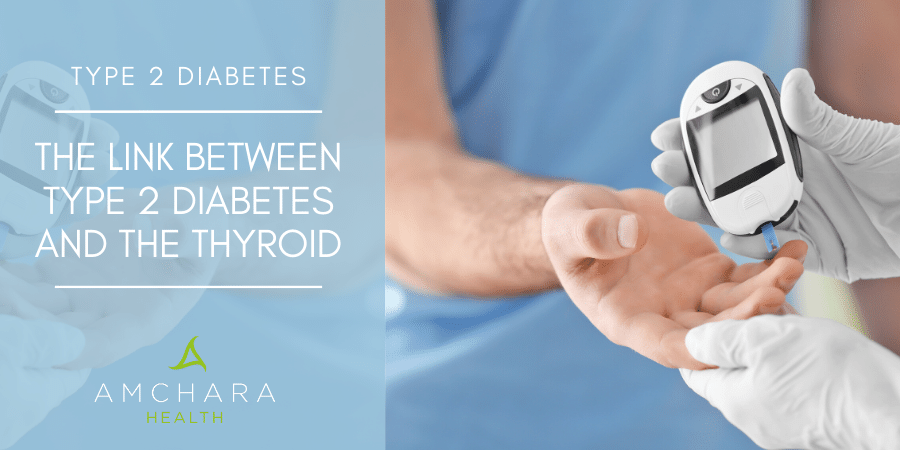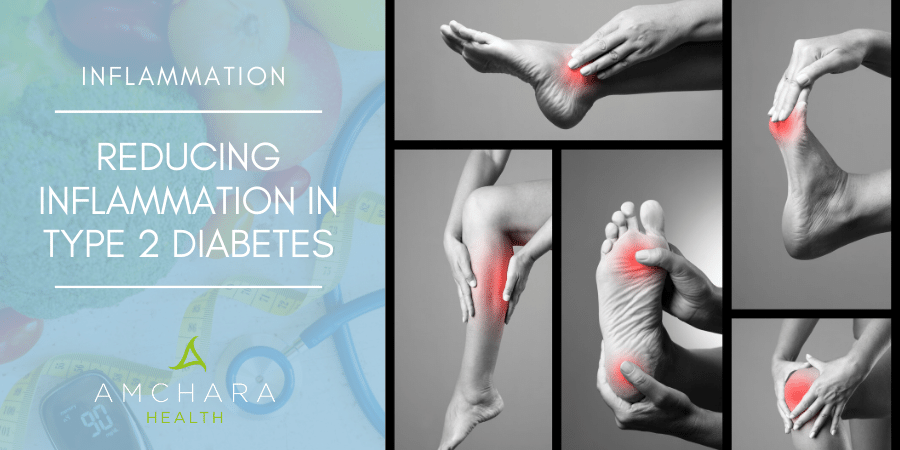Fasting is not a new method but our ancestors would say they did not have much of a choice.
It was just part of life in Palaeolithic times when food was scarce and people did not have the means to store huge amounts of food.
The community were dependent on the luck and expertise of their hunters and gatherers.
In ancient times however, cleansing and detoxing became more acknowledged and valued.
Our ancestors already used methods, such as water fasts, enemas or saunas to detoxify their bodies.
In the 21st century, we face very different challenges; environmental pollution has risen to such heights that the detoxification capabilities of our bodies are challenged even more than before.
(1) It is also important to consider additional factors like smoking and drinking alcohol on a regular basis. It should not come as a surprise that the most common way to put extra strain on the body is to consume foods high in sugar and simple carbohydrates.
The detoxification pathways
The way the body works is very efficient, if we use the right foods to fuel it.
We have several organs involved in continuous detoxification, such as the liver, the kidneys, the gut, the lungs and the lymphatic system.
The main role is played by the liver, which creates water-soluble substances that can be easily excreted from the body.
This happens in two phases: in the first phase, compounds are prepared for elimination via chemical reactions that can often transform them into more harmful substances.
This step prepares the liver for the second phase, (the conjugation pathway) where these toxic substances are bound to other chemicals that render them harmless and ready for excretion.
It is imperative to note that patients with chronic illnesses can be made to feel worse during fasting because of an increase in circulating toxins in the body.
Medical and naturopathic supervision is highly recommended to support clients and to avoid any potentially dangerous reactions.
(2) Pregnant women and individuals with liver, kidney or heart arrhythmias should not fast.
But what is Diabetes?
After eating carbohydrates the body breaks them down into glucose.
This is chased into the cells by a hormone produced in the pancreas called insulin.
In a very simplistic way, diabetes means that the insulin receptors on the cells are unable to respond to the insulin and glucose is left circulating in the blood.
Instead of creating stable blood sugar levels during food intake, glucose levels can fluctuate erratically, leading to sugar cravings and hunger.
The brain receives messages that it needs more food and this creates a vicious circle making it very hard for people even in a pre-diabetic state to lose and then maintain weight on their own.
A very common body characteristic is fat around the middle, which can also increase the risk of other illnesses, such as heart disease, arthritis or depression.
To improve the life of someone with diabetes, it’s important to break this cycle by taking the strain off the insulin-producing cells.
Studies prove that diet and lifestyle intervention can improve glucose tolerance and insulin resistance. (3)
Calorie restriction, intermittent fasting and alternate day fasting all seem to be great methods and depending on the patient’s condition and willingness, they might even be able to reduce or completely remove the need for medication. (3, 4)
Research (5), from Newcastle University has provided promising results on reversing type 2 diabetes, by reducing weight and therefore “reawakening” the insulin cells in the pancreas.
This could give even more motivation to those with type 2 diabetes, wishing to avoid medication.
Identifying the individual detoxification pathways and understanding the environmental and lifestyle factors is crucial, in order to give personalised nutritional support and to reduce symptoms associated with metabolic toxicity.
Fasting Related Stories:
- Fasting for Gut Health
- Fabulous Fasting: The Physical Benefits
- Fabulous Fasting: The Mental Benefits
- Beneficial Effects of Fasting on Diabetic Patients
- Is Water Fasting Out Dated Now There is the Pretend Fast
- Intermittent Fasting – A Natural Way To Live For Longer
- New Year New You: Could Fasting Help You Lose Weight?
- Water Fasting may help you live longer!
- Signs & Symptoms of Type 2 Diabetes
Helpful Resources:
Author: Victoria Borsi-Grainger – CNM Student






